“Afro-Americans of Europe” and the Polish–German political storm Expert opinions on Caliber.Az
The Polish authorities issued a sharp response to remarks by Fabian Keubel, a representative of the German party “Alternative for Germany” (AfD), who said that “Poles are the Afro-Americans of Europe.”
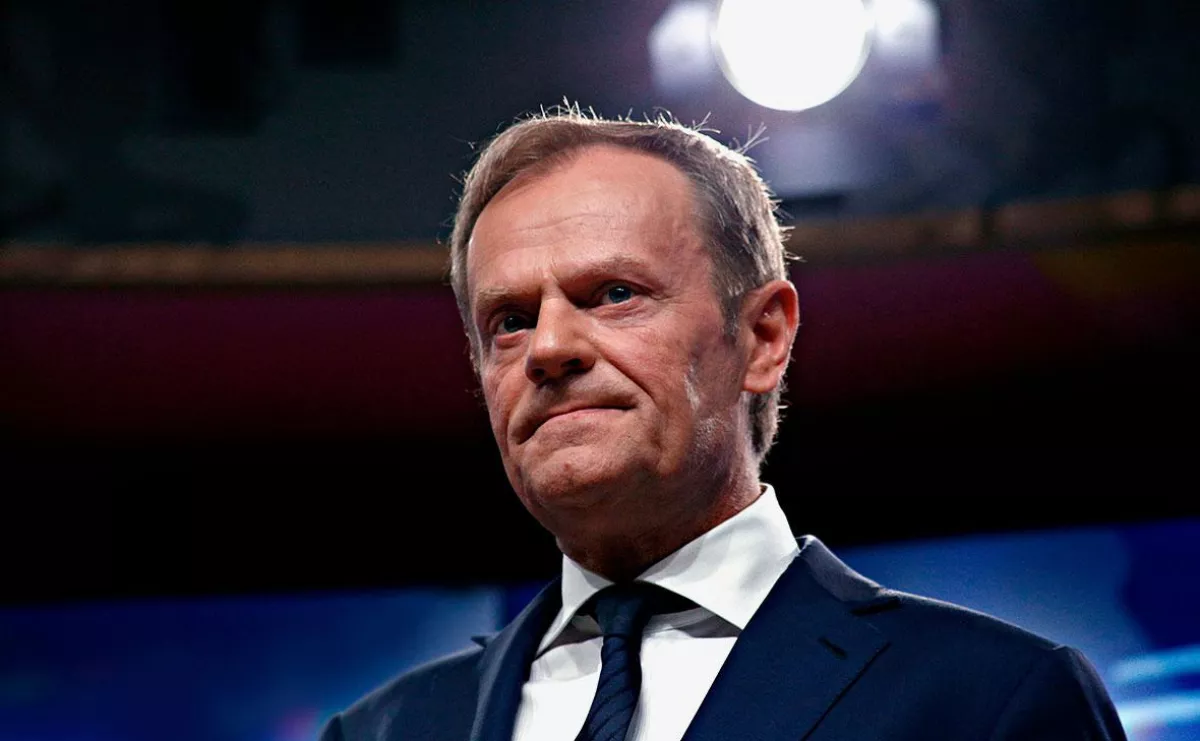
Polish Prime Minister Donald Tusk responded to the remarks, directing his comments at Polish politicians.
“Mr. Nawrocki, Kaczyński, and Mentzen (Poland’s President Karol Nawrocki, Law and Justice leader Jarosław Kaczyński, and Confederation leader Sławomir Mentzen)! The leaders of your favourite German party, AfD, have just declared that Poles are the ‘Afro-Americans of Europe,’ burdened with a perpetual victim complex; that we pose a greater threat than Russia; and that we ‘robbed’ Germany by taking its lands. I am ashamed of you!” he wrote on one of his social media accounts.
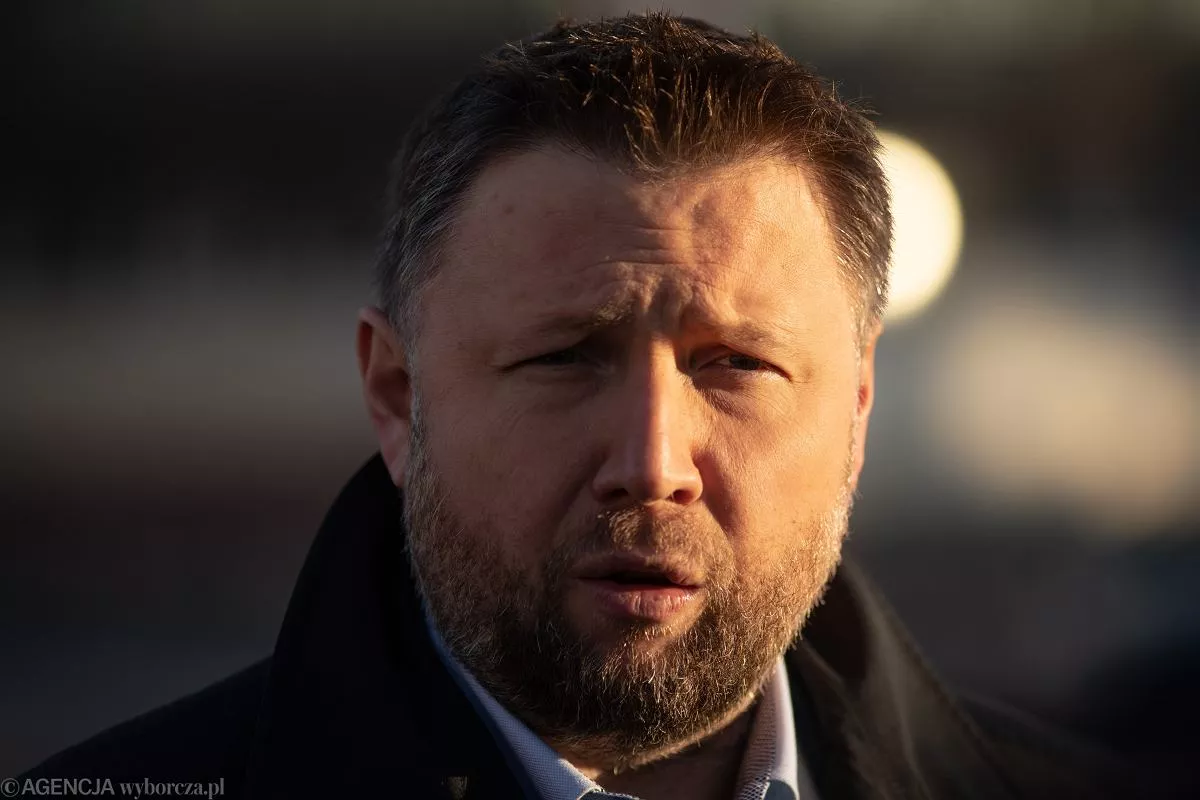
Poland’s Interior Minister, Marcin Kierwiński, also joined the discussion.
“There are still politicians in Poland who consider AfD a normal political party and support its initiatives,” he stated.
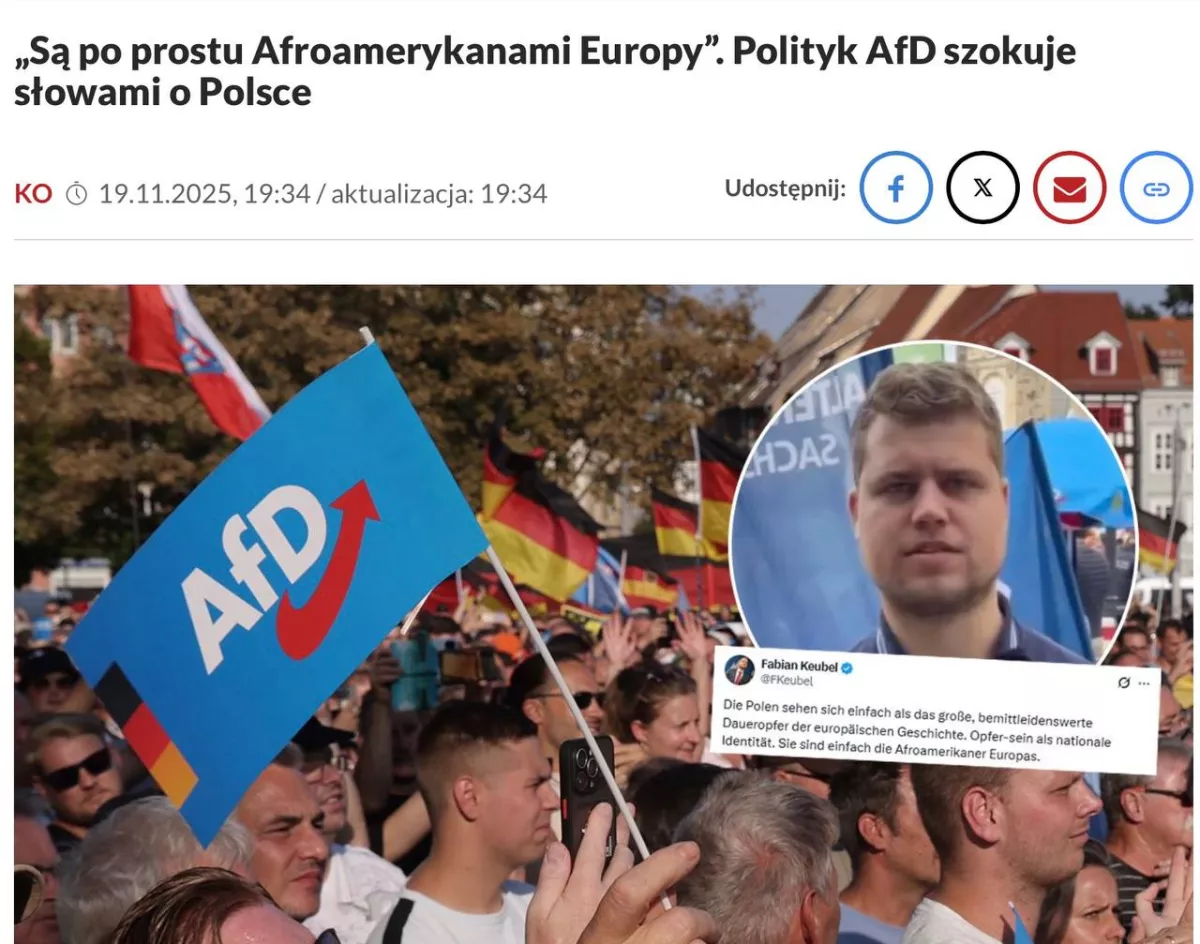
Earlier, Fabian Keubel had claimed that “Poles simply see themselves as a great, deeply sympathetic victim of European history.”
“Victimhood is their national identity. They are basically Europe’s Afro-Americans,” he added.
In addition, AfD co-chair Tino Chrupalla stated that Poland could become a threat to Germany.
What is behind this friction between German and Polish politicians? On what grounds are such accusations being made? Why do German politicians feel free to make such disparaging remarks about Poland? Could there be additional reasons behind this rhetoric?
Caliber.Az posed these questions to well-known foreign commentators.
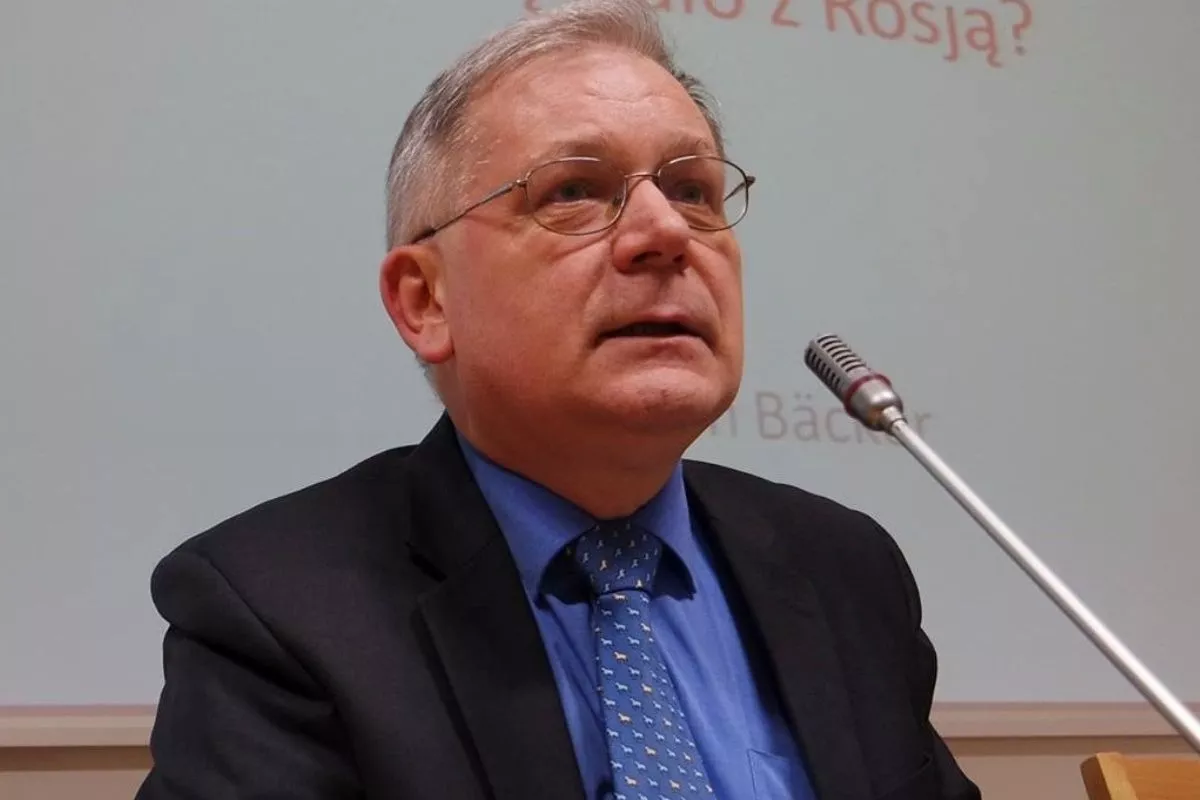
Polish analyst Roman Bäcker, professor at the Faculty of Political Science and International Studies at Nicolaus Copernicus University in Toruń, noted that Fabian Keubel is a member of the council of one of Dresden districts and an activist of the xenophobic, anti-immigrant party AfD.
“He is not a party leader and holds no significant position within it. AfD cooperates in the European Parliament with the parties of Kaczyński and Mentzen, meaning it is in the same political camp as Poland’s president. Therefore, the appearance of such a post from this radical councilor from Dresden is very convenient for Poland’s ruling coalition, which is engaged in a political struggle against Kaczyński’s party and the country’s president. Another bonus for Prime Minister Donald Tusk is that this AfD activist accused him of harbouring anti-German sentiments.
Kaczyński’s party has been accusing Tusk for many years of being ‘a German’ or ‘serving the Germans.’ In reality, AfD is, to some extent, more pro-Russian; above all, it is hostile toward Poland’s government. Tusk, of course, is not German — though this does not preclude him from cooperating with Germany’s chancellor. Here it is important to distinguish propaganda from reality,” Bäcker explained.
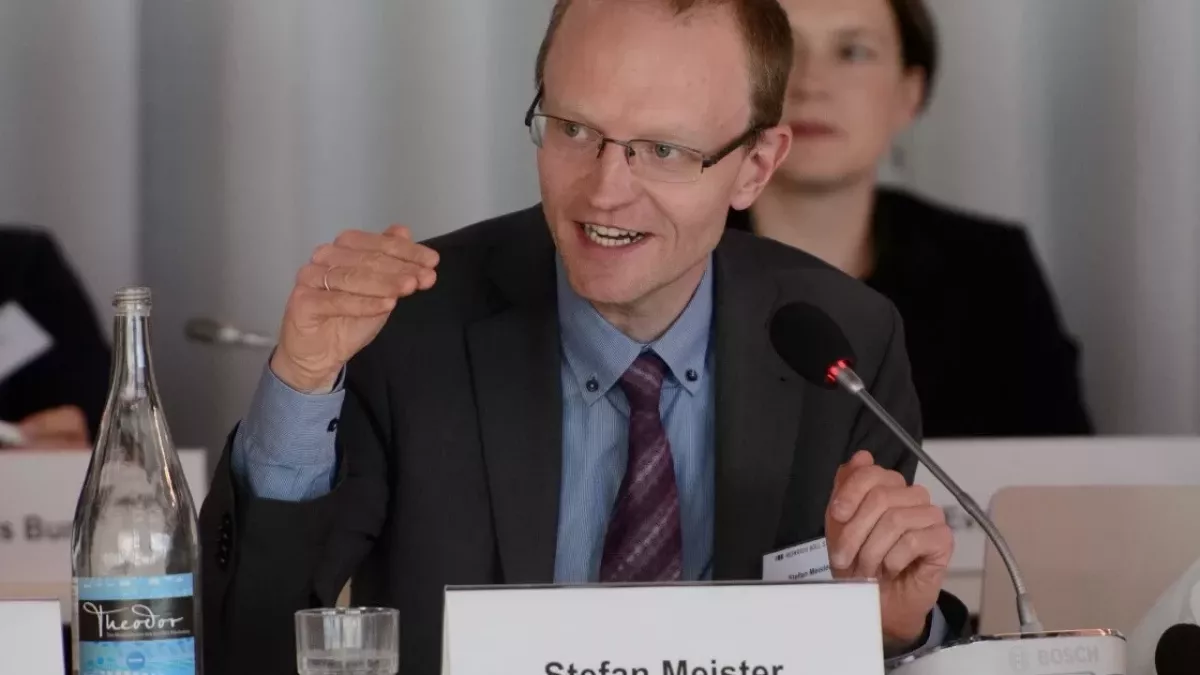
Dr. Stefan Meister, Director of the “International Order and Democracy” program at the German Council on Foreign Relations (DGAP), stated that this situation reflects the current state of German-Polish relations, but is driven even more by domestic political dynamics.
“The right-wing Law and Justice party (Kaczyński’s party) and even more hardline groups are pressuring Tusk’s government to demand reparations from Germany for Nazi crimes committed during World War II. This is a long-standing demand and the subject of prolonged negotiations, but Germany will not agree to it, as doing so would open a Pandora’s box for many other European countries. That said, Germany is willing to allocate funds for victims of Nazism, build a memorial in Berlin, and discuss several related issues. Tusk is also under domestic pressure and therefore cannot pursue an openly pro-German policy, though he does try to remain more moderate,” the scholar explained.
This latest episode involving Alternative for Germany shows how Tusk is using the controversy to speak to his domestic audience, the expert added.
“Alternative for Germany, as an extremist and racist party, openly positions itself against Poland and pushes for a revision of German policy — including demands to reclaim former East Prussian territories that are now part of Poland. Tusk is essentially highlighting the links between Poland’s right-wing forces and AfD — links that do indeed exist — while at the same time trying to turn this situation to his political advantage.
In this case, domestic politics outweigh foreign policy, and both sides are using the issue to fuel hostile sentiment. Tusk is scheduled to visit Berlin next week: he was supposed to give a public address, but has already cancelled it. Relations are becoming increasingly strained, partly because Polish right-wing groups have been stepping up their attacks on Ukraine, appealing to historical grievances, while Germany remains one of Ukraine’s main supporters,” Meister explained.








